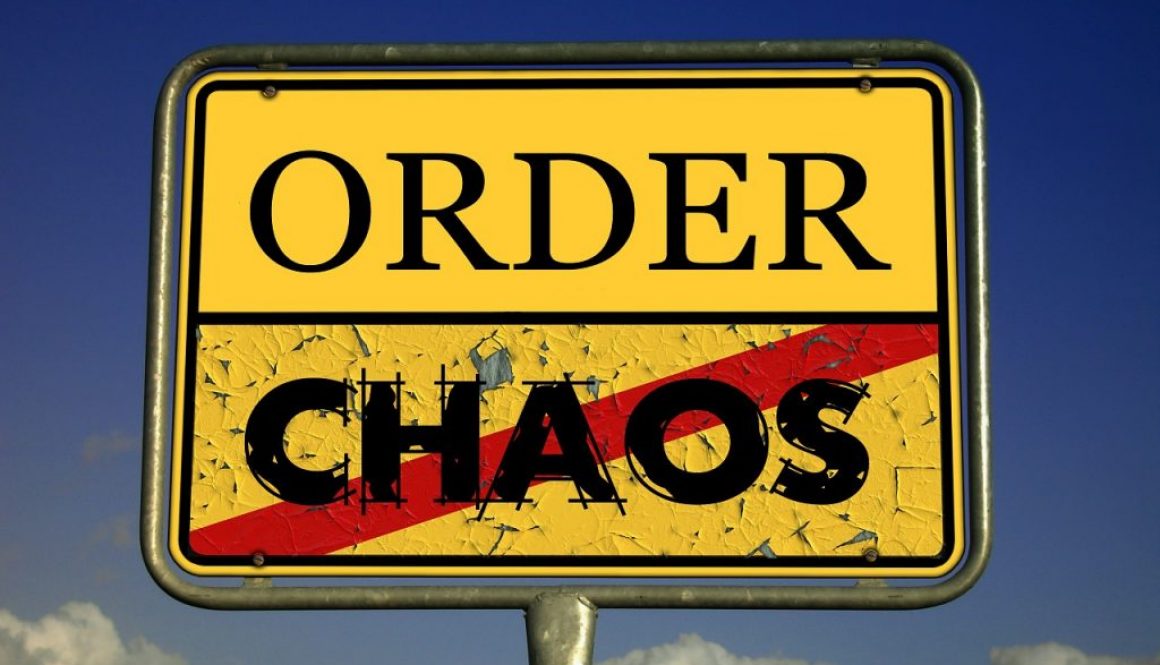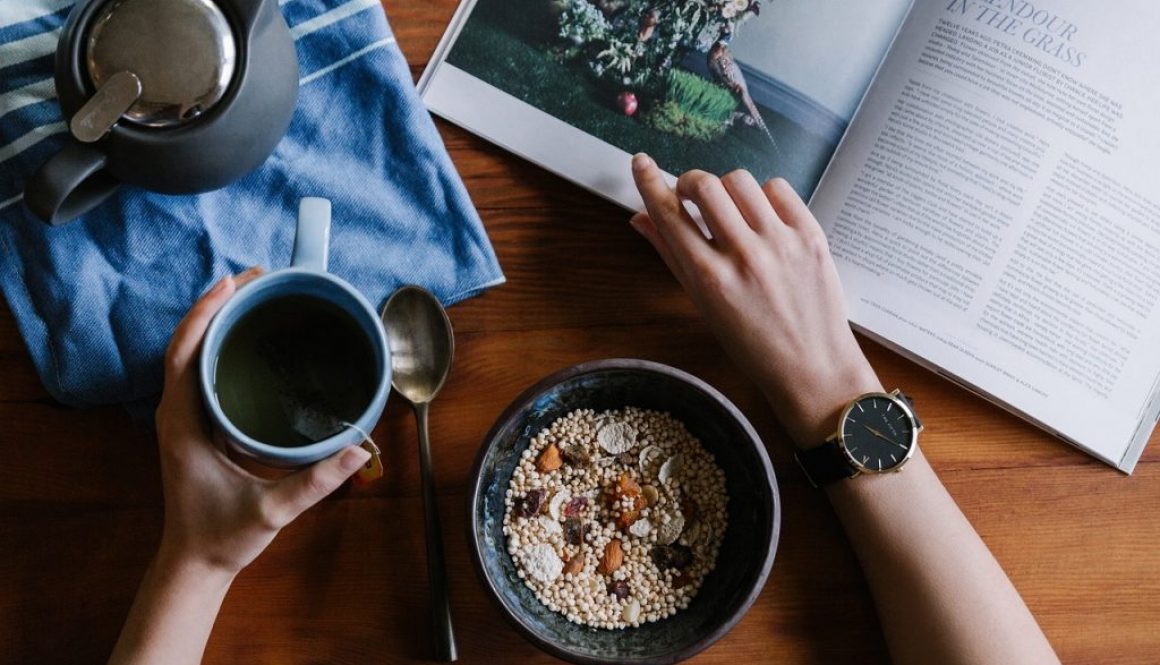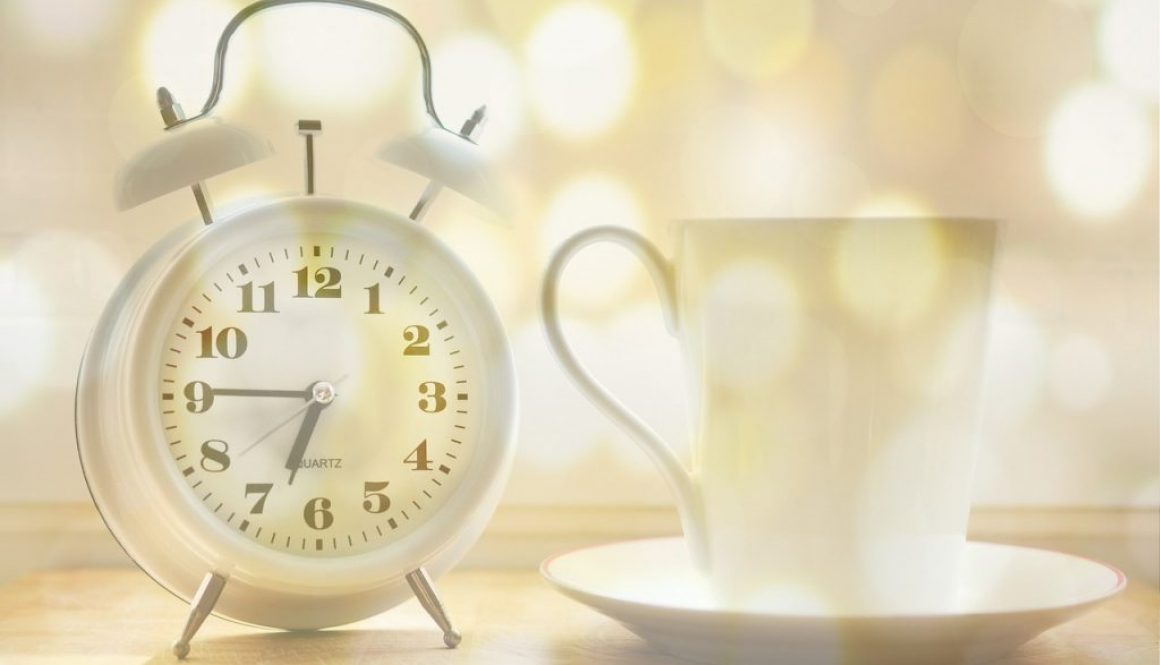Clutter Causes Overwhelm and Stress. Here’s How You Can Deal With It.
One of the biggest causes of stress in our lives is actually clutter. Seeing piles of clothes, unopened junk mail, loads of laundry, a messy desk, and other disarray really causes most people to feel anxious and overwhelmed, sometimes even depressed. It’s hard to achieve a sense of calm when there’s chaos all around, in the form of physical eyesores or the insidious kind that attacks your mind. That’s why it’s important to corral the clutter in your life. Taking steps to get control of the disorder is the start of creating calm. Read on, and I’ll tell you more about that.
Clutter and Stress
Each person’s definition of clutter is different. We all have our comfort level when it comes to the amount of stuff we want to have around us and to enter our lives. However, it’s when you begin to have a negative reaction to all of this input that it becomes a problem. At this individualized and personal point, you’re dealing with clutter. Usually, this breaking point arrives because your life is affected due to the amount of disarray you’re facing. Whether you’re feeling closed in and agitated or you’re physically constrained by the mess, you have a problem that needs to be addressed.
Benefits of Clutter Control
There are loads of good things that come from controlling the clutter in your world. You’ll likely feel an increased sense of energy because you’ll spend less time looking for things you’ve misplaced and will no longer feel as overwhelmed emotionally by your stuff. This can lead to greater productivity and getting more done. It’s even been shown that folks begin to make improvements in other areas of their lives such as diet and exercise once the “weight” of excess clutter is lifted from them. Taking action in this one aspect of your life can have tremendous impact on other areas. Finally, you’ll be much closer to achieving the calm you seek once you start to pare things down.
How to Get Started
The hardest part of ridding your life of clutter is getting started. This is especially true if you’ve lived in chaos for a long time. The good news is that this problem is relatively easy to tackle once you overcome your initial resistance. The best place to start is the one that is causing you the most stress. For example, if coming home to your messy living room makes the idea of relaxing impossible; begin to clear things out in that room. Having a place to unwind at the end of the day might just be the catalyst you need to motivate you toward clearing out other cluttered places. It’s also a good idea to enlist help in order to make the process more manageable and less overwhelming. Have your family or roommate pitch in or consider hiring a professional organizer if you live alone. Finally, get rid of anything you honestly don’t use and find a “home” for everything else. When you cut down on the amount of stuff and put things in their place, you’ll find life becomes a whole lot less hectic.
These are just a handful of suggestions for minimizing the clutter. Now that you understand the impact clutter can have on your stress levels, you can start to make some changes of your own.
Physical vs. Mental Clutter
Clutter can come in many forms. For simplicity’s sake, I’d like to break it down into two main types. These are physical and mental. Each has a heavy impact on your stress levels. They both are likely to play a role in keeping you from creating calm in your life. Therefore, I think it’s important to take a look at each type, definite it, and examine ways both can negatively affect you.
Physical Clutter
Physical clutter is easy to understand. This is the kind of mess you can see. It’s the piles of clothing, papers, dishes, and more that are strewn around your home or office. It’s the overabundance of things you’ve been holding onto for years because they’re sentimental or you might use them one day. Physical clutter can even be the many tabs you keep open in your computer browser or the tons of media you consume each day. These things can be seen. They consume large amounts of your resources such as time, space, and money.
Mental Clutter
Mental clutter isn’t as simple to define. It involves the overload of information, along with nagging emotional issues, that overwhelm your mind. This type of internal congestion can consist of things such as your never-ending to-do list, negative internal dialogue, relationship demands, old grudges, or habits that don’t serve you. The source of such mess usually lies in emotions like fear, regret, worry, guilt, or shame. Identifying the types of mental issues that are cluttering your brain can lead to purging yourself of them.
Effects of Clutter
Ridding yourself of clutter, both physical and mental, can truly increase your feelings of happiness and calm. It can lead to less stress and overall greater well-being. The negative effects of too much clutter are astounding. Decreased mental health is one of the biggest issues to come of surrounding yourself with all sorts of clutter. Studies show that mental hygiene is improved when clutter is kept under control, both in the home and in the workplace. Too much physical clutter impairs visual processing. It can be incredibly distracting to see lots of piles and messes in your surroundings, leading you to miss cues regarding people’s emotions and other important information. Your cognition and clarity of mind are adversely affected by excess mental clutter. You simply can’t think straight when you’ve got a whirlwind of thoughts and emotions swirling around in your head.
This is merely an overview of the ramifications that come from physical and mental clutter. However, the information above should give you some insight into how important it can be to clean things up in both your physical world and within your mind. Doing so can lead to tremendous benefits within your world, including more of the elusive calm you’ve been seeking.




